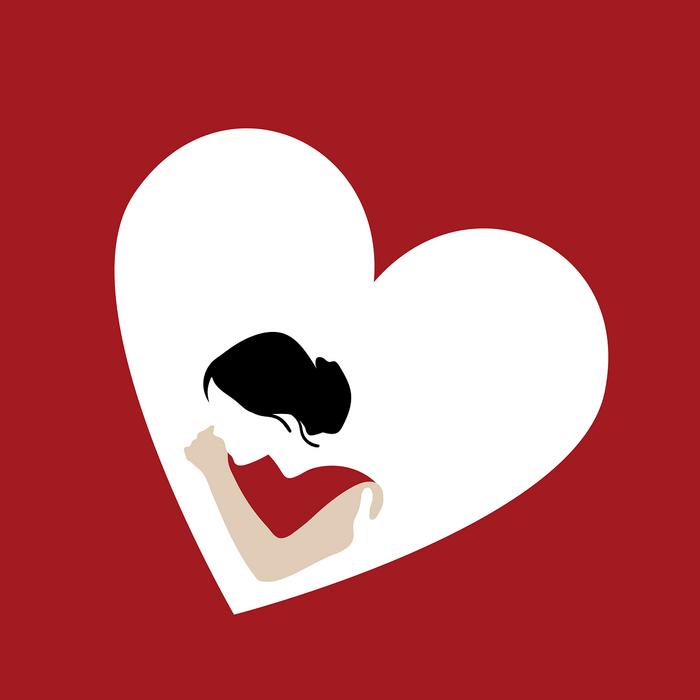A meditation that guides people to practice unconditional kindness to themselves and others helps people with a history of depression recall specific personal memories, according to a new study published this week in the open-access journal PLOS ONE by Amanda Lathan and Barbara Dritschel of the University of St. Andrews, UK.

Credit: RosZie, Pixabay, CC0 (https://creativecommons.org/publicdomain/zero/1.0/)
A meditation that guides people to practice unconditional kindness to themselves and others helps people with a history of depression recall specific personal memories, according to a new study published this week in the open-access journal PLOS ONE by Amanda Lathan and Barbara Dritschel of the University of St. Andrews, UK.
Autobiographic memory is essential to human functioning in areas such as self-concept, emotion regulation and problem-solving. Research has suggested that, among the cognitive processes disrupted by depression, the retrieval of autobiographical memory is often impaired.
In the new work, the researchers collected data on autographical memory for 50 students with a prior history of depression. Participants were asked to write details of specific personal memories in response to cue words. As a control condition, 25 of the students were then assigned to digitally color an image each day—an intervention which has been shown to decrease anxiety. The other 25 students were asked to participate in a daily ten-minute mediation which included visualizations of different individuals and a mantra encouraging happiness, health, loving-kindness and peace.
After four weeks, people who had been in the kindness meditation group had a greater increase in the retrieval of specific memories compared to those in the coloring group. Over time, the total memory specificity and levels of rumination improved for people who had been in the meditation intervention. Recall of positive-specific memories also improved for people in both the meditation and coloring groups. However, correlations between the meditation group’s performance and the remoteness of memories were less clear.
The authors conclude that kindness and self-compassion meditations demonstrate initial promise as an intervention to influence autobiographic memory and make memories more specific and positive among people with depression.
The authors add: “Loving-kindness meditation was shown to improve features of autobiographical memory retrieval in remitted depression which might reduce a cognitive vulnerability to depression. The meditation further acted as a buffer for the effects of autobiographical memory when cognitive reactivity was induced.”
#####
In your coverage please use this URL to provide access to the freely available article in PLOS ONE: https://journals.plos.org/plosone/article?id=10.1371/journal.pone.0287007
Citation: Lathan A, Dritschel B (2023) Increasing autobiographical memory specificity: Using kindness meditation to impact features of memory retrieval. PLoS ONE 18(6): e0287007. https://doi.org/10.1371/journal.pone.0287007
Author Countries: UK
Funding: The authors received no specific funding for this work.
Journal
PLoS ONE
DOI
10.1371/journal.pone.0287007
Method of Research
Experimental study
Subject of Research
People
Article Title
Increasing autobiographical memory specificity: Using kindness meditation to impact features of memory retrieval
Article Publication Date
28-Jun-2023
COI Statement
The authors have declared that no competing interests exist.




